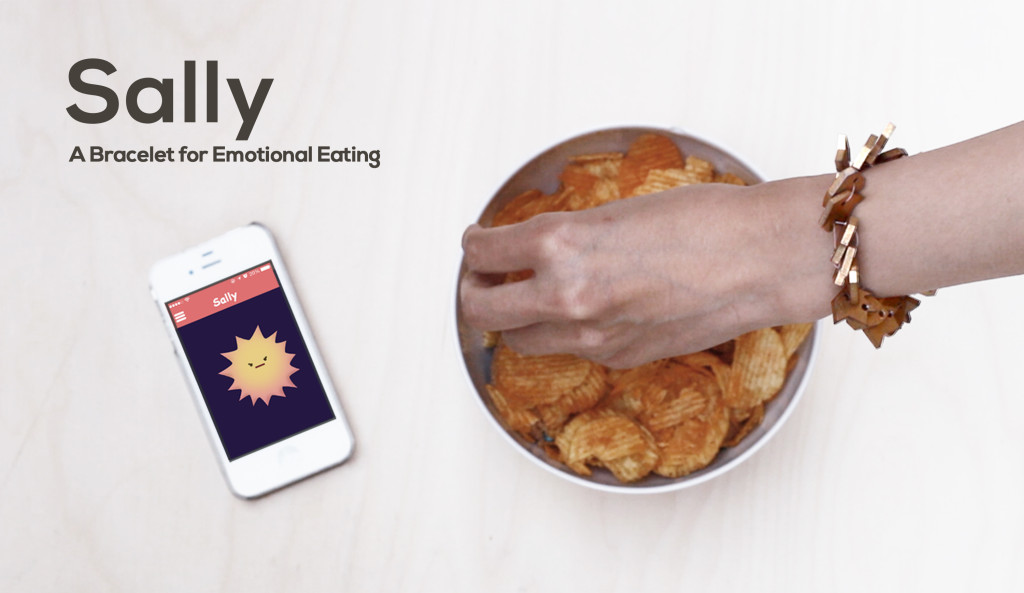
Emotional eating is binge eating that is driven by emotions. It is a habit of turning to comfort food (high in fat and sugar) to cope with particular moods, typically loneliness, boredom, sadness and stress. It affects at least 3% of women and 2.5% of men, and is related to 75% of overeating in the world. Emotional eaters find it difficult to stop because the physical habit of stuffing their faces has become ingrained over time. They are typically not aware of how it’s triggered and how much they ate. Moreover, they are reluctant to share the problem as they are afraid of being judged. This perpetuates other problems such as negative body image, stress and obesity.
An emotional eating episode is initiated by a feeling that drives emotional eaters to eat rapidly, without much awareness of why they are eating or how much they ate. Upon realization, emotional eaters become overwhelmed with guilt and shame. This perpetuates other problems such as negative body image, stress and obesity. As emotional eaters are embarrassed by this problem, they often do not report the issue or seek help.
To break this vicious cycle, emotional eaters need to have greater awareness of how the behavior is triggered and when they emotionally overeat. Current therapeutic methods involve the use of diaries and cultivation of mindful eating practices. However, their effectiveness are limited as they are often not followed through and are unable to interfere with the physical habit of emotional eating.



We focused on the Asian context for the research. We found that emotional eaters are predominantly young women in their 20s-30s, who view their social reputation with importance and are appealed by fashion and trends. Issues with work and relationships contribute most significantly to changes in mood and trigger emotional eating behavior. As this is a sensitive issue that is not shared due to fear of judgement, emotional eaters tend to do so only when alone or in the comfort of their homes. Emotional eaters have difficulties stopping the eating habit because they often do not know why they do so and how they feel when they are emotionally eating. Their busy schedules also deter them from following through with other interventions.

Sally is an emotional eating companion that interferes with the habit via the bracelet and mobile app. The objective of Sally is to help emotional eaters be more mindful of their emotions and their eating behavior in a light-hearted and unobtrusive way.
The bracelet detects binge eating and morphs to a spiky state. This drives the user’s attention towards the eating gesture when emotional eating reaches an unhealthy level. We imagine the bracelet can be worn frequently as it does not look like a therapeutic device. Its trendy appearance will allow it to fit in with the user’s lifestyle and thus be viable with regards to privacy concerns. The app visualizes the emotional eating behavior and highlights the emotions, which triggered the behavior. The automated cataloging of emotions overcome issues with the current solution of keeping an emotional eating diary.
By detecting emotional eating through hand-to-mouth motion, Sally is able to intervene in emotional eating at the right time. The bracelet creates sharp sensations on the eating hand when emotional eating reaches an unhealthy level, allowing emotional eaters to become aware of the behavior. Its unassuming and trendy appearance disguises its function, allowing it to be worn across all occasions. In addition, emotional eaters can learn about the mood triggers through the app and better manage their emotions in the future.